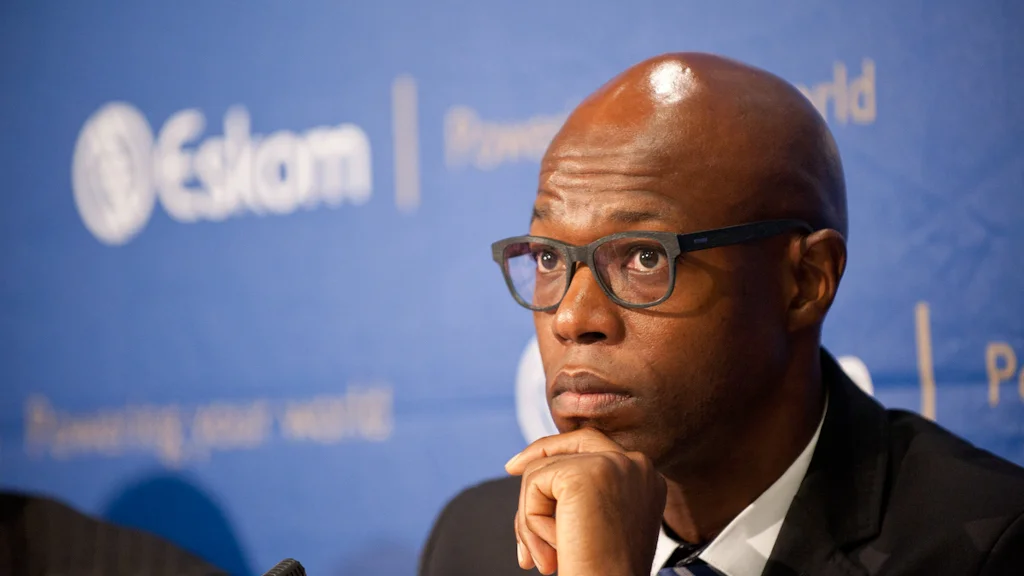
By Matimu Shivambu
The Rhodes University Political and International Studies Department successfully hosted its annual Teach-In lecture series, a significant event on the academic calendar since 2002. This year's series, "Energy is the Life-blood of Development: Perspectives on the South African Energy Crisis", took place over lunch and spanned an hour, inviting students and the wider Rhodes community to participate actively. The Teach-In lecture series is designed to draw attention to critical issues of public concern, engaging diverse perspectives from experts to foster informed and rigorous discussions.
The choice of the 2023 theme "Energy is the Life-blood of Development" was a response to the pressing matter of load-shedding, which has emerged as a significant and recurring issue impacting daily lives and academic endeavours in South Africa. The series' objective was fourfold; historicise and contextualise the South African energy crisis, provide a comprehensive overview of the current State of Eskom, formulate informed solutions and explore Alternative energy solutions.
The esteemed guest speakers invited to the 2023 Teach-In Lecture Series included:
- Sibusiso Nkomo: an external partnerships manager at Afrobarometer. Nkomo brought his extensive knowledge and expertise in public opinion research and data analysis to shed light on the various factors that contribute to the energy crisis.
- Matshela Koko: renowned as Eskom's former Interim Group Chief Executive Officer and currently serving as the Managing Director of Matshela Energy, Koko's insights into the Eskom Power Crisis were invaluable in understanding the challenges faced by the national utility company.
- Sikonathi Mantshantsha: An award-winning financial journalist and former deputy editor of Financial Mail, Mantshantsha provided a unique perspective on the energy crisis, having previously served as Eskom's spokesperson.
- Dr Cambray: with experience as the managing director of Makana Meadery in Makhanda, Dr Cambray brought a local perspective to the discussions, emphasising the impact of the energy crisis on businesses and communities.
In his thought-provoking presentation, Nkomo highlighted that the energy crisis is not merely a result of technical or infrastructural challenges but is deeply rooted in systemic governance issues. Corruption and inefficiency in the energy sector have significantly contributed to the country's electricity woes. Nkomo's argument resonated with many attendees, as the impact of corruption on the energy sector has been a contentious topic in the public discourse for years. Misappropriation of funds, embezzlement, and unethical practices have hindered the proper functioning of energy institutions and have resulted in a lack of necessary investments and maintenance. Furthermore, Nkomo pointed out that corruption within the energy sector has compromised transparency and accountability. This lack of transparency exacerbates the crisis and erodes public trust in energy institutions and the government's ability to address the issue effectively.
Matshela Koko, the former Interim Group Chief Executive Officer of Eskom, argued that load-shedding had weakened the State and made it significantly vulnerable. He emphasised that the issue of load-shedding is primarily a leadership problem rather than a technological one. By highlighting this, Koko sought to shift the focus from technical shortcomings to the decisions and actions taken by those in leadership positions. The speaker stated that President Mbeki should not be blamed for the load-shedding predicament, indicating that the energy crisis is a complex issue that cannot be attributed to a single administration but to systemic problems that have persisted over time. Koko then proposed solutions to end load-shedding, outlining a significant performance transformation journey for the energy sector. His suggested approach included being customer-centric, building a capable workforce and improving operations.
Mantshantsha pointed out that the African National Congress (ANC) government should bear responsibility for the ongoing load-shedding predicament. He argued that years of mismanagement, lack of strategic planning, and failure to address governance issues within state-owned entities like Eskom have contributed significantly to the crisis. On the other hand, Dr Cambray presented a different angle, emphasising the importance of exploring alternative electricity generation methods. As the managing director of Makana Meadery, he likely drew from his expertise in sustainable energy practices to advocate for diversifying the energy mix.
The 2023 Teach-In Lecture Series will undoubtedly impact Rhodes University's academic community and the wider public, encouraging ongoing discussions and collaborations to find sustainable solutions to the South African energy crisis. In closing, the Head of the Political and International Studies Department (HOD), Prof Siphokazi Magadla, expressed her heartfelt appreciation to all the guest speakers and students who participated in the event. Prof. Magadla highlighted that the lecture series exceeded expectations, generating thought-provoking discussions beyond technicalities and delving into systemic issues, including governance, leadership, and sustainability. She also praised the students' active participation and curiosity throughout the Teach-In.

